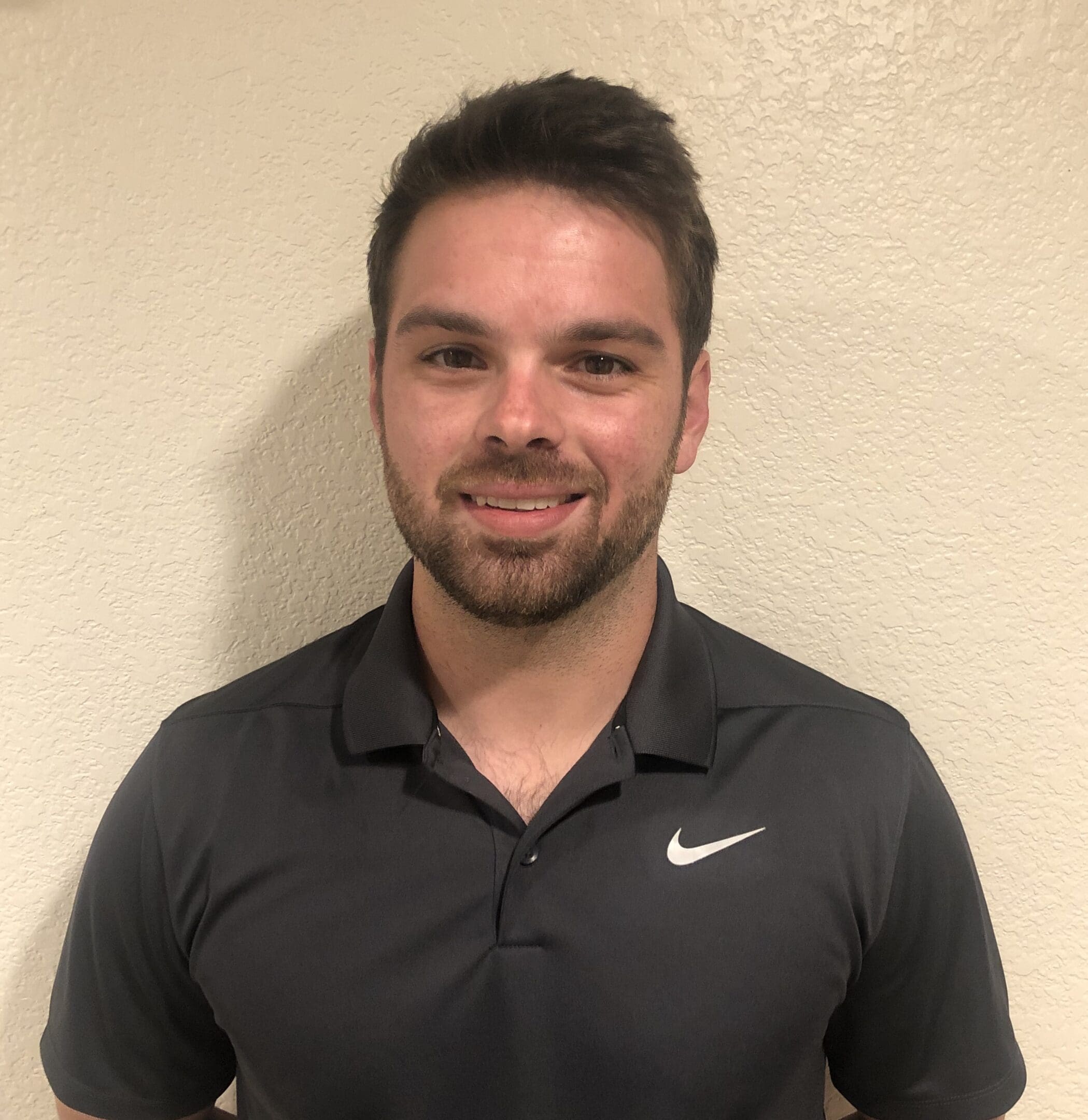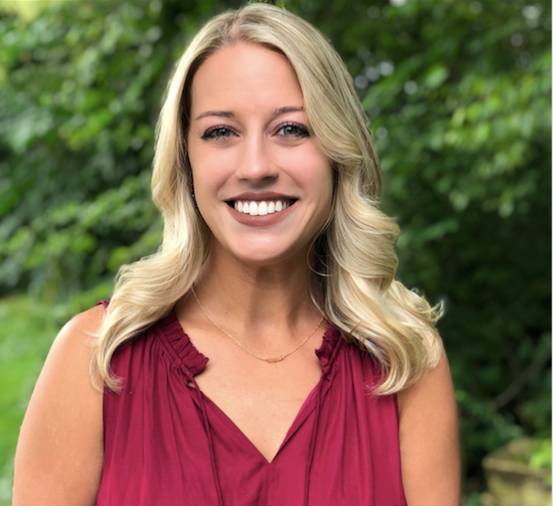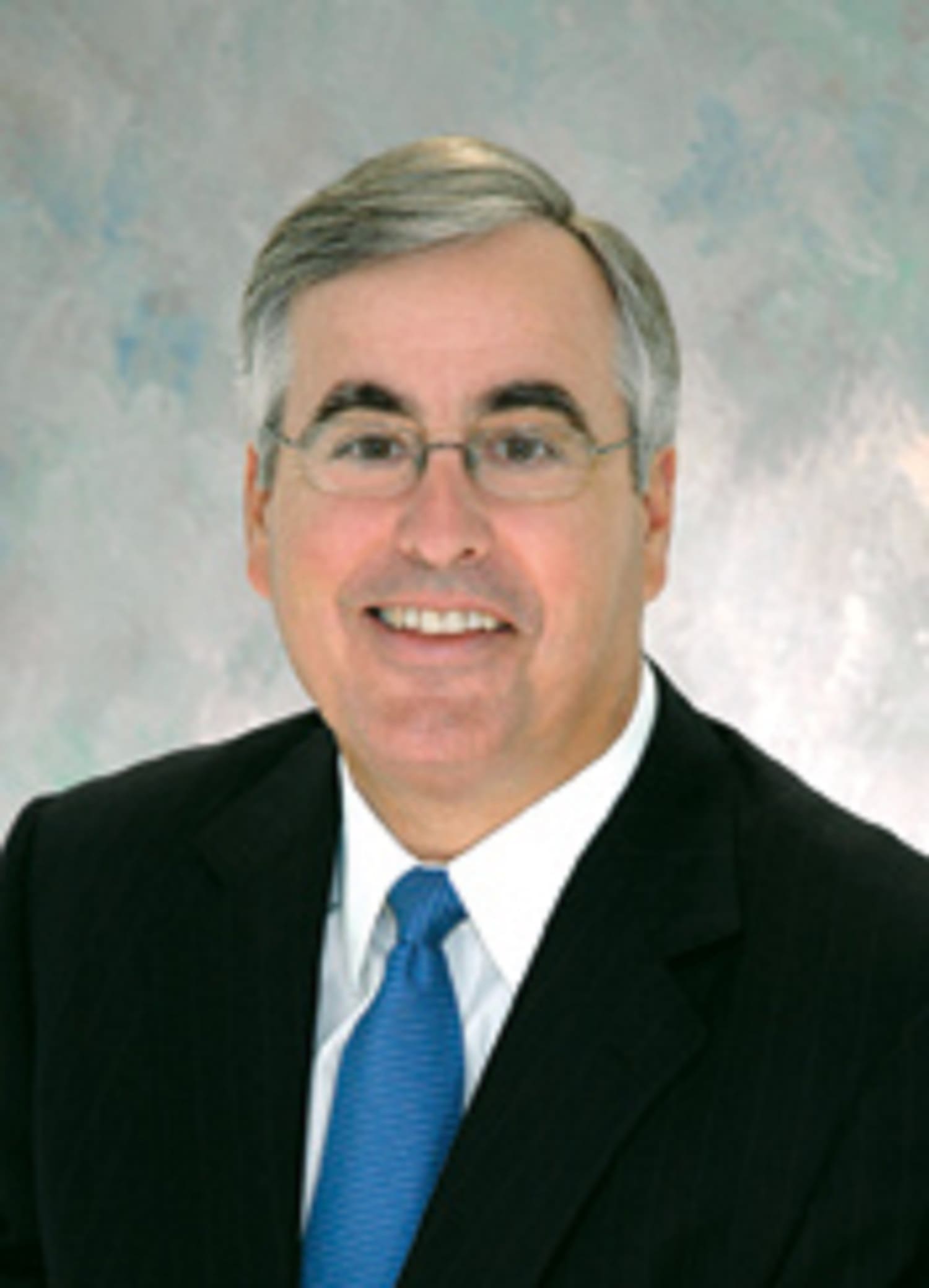Meet the Team

Aimee Kimball, PhD
CEO
Dr. Aimee Kimball is the Owner of KPEX Consulting and has been a Peak Performance Consultant for almost 20 years. Dr. Kimball has worked with nearly 100 different organizations, including professional sports teams, colleges, and corporations. She spent 18 seasons working in the NHL alongside coaches and management as they led successful organizations. During this time, it became abundantly clear that consistent success isn’t an accident, it’s the result of having a plan and executing on it. Aimee strives to help organizations, teams, and individuals create a blueprint for success, including building effective processes, a competitive culture, and a resilient mindset to ensure they reach their potential.
Dr. Kimball spent a decade with the Pittsburgh Penguins and saw what it takes to sustain a winning culture, having served as the Mental Skills Coach during both the 2009 and 2016 Stanley Cup championships. She spent 5 seasons with the New Jersey Devils and was recruited there to help rebuild a franchise. As the Devils’ Director of Player and Team Development, she assisted in redefining the culture, starting with identifying the characteristics of successful players and weaving this into the scouting process, a process that included the selection of two first overall draft picks. She was also instrumental in modernizing player development, creating a tracking system that improved communication throughout the organization. Most recently, Dr. Kimball served as the Washington Capitals’ Senior Director of Team and Organizational Development. She was hired to evaluate organizational processes, provide leadership and mental skills support, and improve player development processes. While there, she developed a database and a system to assess player progress, improved the flow of information between departments, and created a more robust and streamlined system for gathering data on potential draftees. Dr. Kimball’s tenure also included working as the mental skills coach for the Capitals’ AHL affiliate Hershey Bears, winning two Calder Cups in her three seasons with the team.
Aimee’s elite sport experiences extend beyond the NHL. She assisted the Pittsburgh Steelers and Philadelphia 76ers in analyzing potential draft picks and joined the silver medal USA Women’s National Hockey Team as their Mental Performance Coach for the 2022 Olympics in Beijing.
The same skills that make teams elite are also what make businesses successful. As such, Dr. Kimball has helped large and small corporations to create a culture of success, transition through mergers, and develop processes to prepare them for extreme growth and organizational change. She has worked with the pharmaceutical industry, investment banking firms, construction companies, banks, health care, and YPO. She also has inside knowledge of family businesses and the challenges faced in this unique environment.
Before founding KPEX Consulting, Aimee spent 9 years as the Director of Mental Training at UPMC Center for Sports Medicine. She received a PhD from the University of Tennessee where she specialized in sport psychology, a Masters in Sports Behavior and Performance from Miami University (Ohio), and an undergraduate psychology degree from the Pennsylvania State University. A continual learner, Dr. Kimball also completed an executive MBA from Miami University and regularly engages with professionals across the sports domain through roundtable discussions and conferences.
Dr. Kimball was voted the 2024 “Woman of Excellence” by the Pittsburgh Chapter of WISE (Women in Sport & Entertainment) and was named one of Pittsburgh Magazine’s 40 under 40, She is a Member of WISE, the PRO Sports Assembly, the Association for Applied Sport Psychology, the American Psychological Association, and the international network “Leaders in Sport”. Aimee has been a resource for numerous media outlets including: The Athletic, USA Today, Men’s Health Magazine, ESPN, NPR, various local and national newspapers, podcasts, and news broadcasts across the country.

Alex Salerno, LPC, NCC
Mental Skills Specialist
Alexandra has a passion for assisting clients in building awareness and learning adaptive coping skills to enhance their overall performance. While pursuing a professional dance and musical theater career, Alexandra studied at Robert Morris University, where she earned her bachelor’s degree in sport psychology, with a minor in musical theater. She continued her studies and earned her master’s degree in Clinical Rehabilitation & Mental Health Counseling from The University of Pittsburgh. Alexandra has experience in counseling services for transition-aged adolescents with cognitive and/or physical disabilities. She also completed a clinical internship with a focus on adolescents and eating disorders, encompassing individual and family therapy components.
Alexandra has collaborated with KPEX Consulting to provide workshops and skill building to young dancers and athletes in the Pittsburgh area. She enjoys working with athletes on developing skills to support coming back from an injury, fear of failure in sport, change in motivation, and goal setting. Alexandra uses the intersection and collaboration of mental skills and psychological wellness as part of her consulting.
Alexandra is a Licensed Professional Counselor in the state of Pennsylvania and is certified by the National Board for Certified Counselors.
Philosophy
When I get asked “what got you into your career,” there are two answers. Dance and the mind. I have always been fascinated with athletes and the ability to perform at high levels. It’s amazing what the body can be trained to do.
From my dance career, I learned that training your brain is as important as training your body.
If you’re wanting to whip out four pirouettes, not only do you think about lifting your knee, pulling up through your leg, using your back and spot a non-moving target…you also visualize your turns and trust your body to do what it needs to do. You focus on positive thinking. You are confident. And you are the best athlete you can be in that moment.
“Dance and the mind” have continued to be an influence in the work that I do now, and the work I plan to do in the future. Even when things appear to be out-of-sync, there is rhythm and a lifetime of performances.
My approach to peak performance is holistic and developmental. I take a solution-focused approach; “if it’s not broke, don’t fix it…but make it better!” My goal is to help athletes to develop the skills to be successful not only in sport but in life.
Goals
- Connection. For mental training to be effective, it is important for my clients to feel that they have a person that they can trust and talk to. In my interactions with clients I strive to be approachable, ethical, and professional.
- Assessment. You are the expert of your sport, and I am the expert of your brain. In order to know where to go, we have to figure out where we are starting. During the initial session, our goal is to identify an athlete’s ideal mental mindset, current strengths, and potential growth points.
- Engagement. The goal of our sessions is to teach clients how to capitalize on their strengths and overcome the mental obstacles that they may face. Skill building may involve learning to break negative thought patterns, staying focused in the present moment, visualizing success, and letting go of mistakes.
- Practice the process. Just like learning any other skill, mental training does not happen overnight. It takes practice, reinforcement, and adjustment to find out what works and what needs tweaked. My role is to encourage clients as they work on their mental training, help them to recognize the small successes, and assist them in maintaining their motivation as they develop new habits over-time.

Sam Monda, PhD, NCC
Dr. Samantha Monda is a mental training and peak performance specialist for KPEX Consulting and a Professor of Psychology at Robert Morris University. A former three sport WPIAL athlete and Academic All-American swimmer at Carnegie Mellon University, Dr. Monda specializes in helping athletes to reach their potential in sport by improving their mental game. Dr. Monda is certified by the Association for Applied Sport Psychology (AASP), the National Board for Certified Counselors (NCC), and was a previous member of the United States Olympic Committee Sport Psychology Registry. She received her PhD specializing in Sport and Exercise Psychology and a masters degree in Counseling from West Virginia University where she worked with the life skills program for WVU Athletics. Dr. Monda consults with collegiate, professional, and developmental level athletes and teams, specializing in student-athlete development, leadership, and mental skills training. Prior to her career in sport and performance psychology, Dr. Monda was a swim coach for over 10 years.

Donato Fanelle, MA
Donato Fanelle has been a Mental Training and Peak Performance Specialist with KPEX Consulting since 2019. He obtained a Master’s degree in Sport & Performance Psychology from the University of Denver and his Bachelor’s degree from Rutgers University where he also played for the DI ACHA Men’s Ice Hockey team. Donato worked in the University of Denver’s Center for Performance Excellence where he consulted with athletes from a wide range of sports and skill levels. He has worked with adaptive athletes and has facilitated mental skills workshops for coaches, leadership councils, and high-risk occupations. Donato is a Level 4 USA Hockey CEP with over 10 years of coaching experience.
Philosophy
As a mental training and peak performance specialist, my mission is to help athletes and performers to optimize their potential, overcome challenges, and improve overall well-being through mental skills training and the science of sport psychology.
My training philosophy is based on four-core aspects: individualized approach, build relationships, scientific-humanistic approach, and process-focused skill building.
1) Individualized approach – With mental skills, one size does not fit all. A strength for one team or athlete might be a weakness for another. What works for someone might be challenging for someone else. I believe in taking a collaborative approach; I am the expert in mental training, but you are the expert on you.
2) Build relationships – My consulting style is rooted in genuineness, respect, and empathy. I believe in not only building meaningful relationships with clients, but also helping clients to build relationships with teammates, coaches, and families. I help to foster these relationships through effective communication and emotional intelligence.
3) Scientific-humanistic approach – Sport psychology is both an art and a science. There are empirically validated methods and interventions backed by research and science, yet there is an art to delivering that information in a way that resonates with the individual. The methods I used are holistic and evidence-based, but I put the individual first by focusing on strengths and solutions.
4) Process-focused skill building – Mental skills are SKILLS; through deliberate practice and patience, they can be developed and improved. I believe in order to maximize mental training, the energy and focus needs to be placed in the present moment. Be present, and trust the process!

Emily Wright, PhD
Mental Training and Peak Performance Specialist
Emily values helping others and sharing her passion for promoting mental skills training as an important component of athlete development and performance. Emily has a PhD specializing in Sport Psychology from Michigan State University. Prior to Michigan State, Emily attended Miami University (Ohio), where she received her master’s degree in Sport Leadership. Emily also holds a bachelor’s degree in Psychology with a minor in Kinesiology from Penn State University.
Currently, Emily is an Assistant Professor at the College of Saint Benedict and Saint John’s University (CSB-SJU) in the Department of Exercise Science and Sport Studies located in Saint Joseph, Minnesota. At CSB-SJU, Emily teaches a range of undergraduate courses (Sport and Exercise Psychology, Sport Ethics, Sport in a Diverse Society, Research Methods, Introduction to Exercise Science) and mentors students interested in both applied and research-focused concentrations in Sport Psychology. Emily also provides mental skills training to youth and collegiate athletes participating in a variety of sports in the Minnesota area (St. Cloud/St. Joseph). In addition to mental skills training, Emily delivers educational workshops and applied presentations to sport parents and coaches.
Throughout her academic endeavors, Emily has gained valuable applied experiences working with a diverse range of athletes from the youth to collegiate level. During her time at MSU, Emily was the mental skills consultant for the women’s tennis team, where she delivered group and individual sessions focused on a variety of mental skills. Emily also provided mental skills training to various travel and recreational youth hockey through individual and group sessions, presentations, and collaborative workshops. At Miami University (Ohio), Emily was the program assistant for the Miami CHAMPS/Life Skills program, which focused on enhancing student-athlete’s total growth and personal development in both their academic and athletic practices.
Emily is a member of the Association for Applied Sport Psychology (AASP) and the North American Society for the Psychology of Sport and Physical Activity (NASPSPA). In 2018, Emily was the recipient of the AASP master’s thesis award, for her applied research that focused on parents’ perfectionism levels, parenting styles and views of sport specialization. Emily has presented her research at national conferences and published manuscripts in peer-reviewed journals as well as book chapters focused on parent influence in youth sport, positive youth development, athletic talent development, and applied sport psychology for youth.
Outside of work, Emily enjoys running, watching hockey, working at coffee shops, and spending time with family and friends.

Justin DiSanti, PhD
Dr. Justin DiSanti is a mental training consultant who specializes in promoting optimal performance and well-rounded health. Justin studied at Penn State University where he received a bachelor’s degree in psychology with a minor in kinesiology, continued to Miami University (Ohio) to receive a master’s degree in psychosocial sport studies, and attended Michigan State University to earn his PhD in sport psychology. Justin recently completed a post-doctoral fellowship at A.T. Still University’s School of Osteopathic Medicine in Arizona, where he worked with athletic trainers and sports medicine practitioners to enhance the quality of their care for athletes’ mental and social well-being. Justin prides himself in the ability to provide a multifaceted set of consulting services; examples of topics that he has emphasized in his work include mental skills training, psychosocial aspects of sport injury, leadership development, culture building, and facilitating holistic growth through sport participation.
Throughout his career, Justin has had the opportunity to work with a diverse set of clients and organizations in individual, team, and corporate settings at the collegiate, high school, and community levels. Examples include serving as a mental performance consultant for Michigan State University’s gymnastics and archery teams, working as a research and education liaison for the Michigan High School Athletic Association, and collaborating with medical organizations such as Dignity Healthcare in Arizona.
Justin’s consulting approach is guided by three key principles:
1) Strengthen the mind-body connection – many athletes and performers fail to see the close connection between their mind and body, instead framing performance challenges as “all in their head” or “completely mental.” I endorse an action-oriented approach so that an athlete’s mentality not only effectively guides their physical performance, but also so that clear, simple, behavioral cues create their optimal mental state as well. Most simply, I have found that when the mind and body are in sync, performers are most likely play their best and have their most enjoyable competitive experiences.
2) Know the whole person – far too often, athletes define themselves as individuals based solely on their performance successes and failures. While I appreciate and encourage the passion and commitment that athletes possess in striving to be their best, I also help athletes to integrate these attributes in a healthy way. I take pride in my ability to learn not only who an athlete is on the field, but also what defines them outside of sports, so that I can empower them to effectively navigate the many inevitable ups and downs that they will experience on their life’s journey – in athletics and otherwise.
3) Understand the system – no athlete or performer exists in a vacuum; to optimize efforts toward performance excellence, I work with clients to think critically about how individuals’ strengths, weaknesses, and preferences fit within the unique characteristics of their system. This approach facilitates a shared organizational vision, clarity of roles and responsibilities, and enables leaders to make effective lasting changes to build a productive, healthy culture among their team.
In addition to his consulting work, Justin has accumulated a wealth of teaching experience in college courses related to sport psychology, sports medicine, and sociocultural aspects of sport and physical activity. Justin is a member of several professional sport psychology and sports medicine organizations, including the North American Society for the Psychology of Sport and Physical Activity and the Pediatric Research in Sports Medicine Society. He has presented his research at international conferences, published manuscripts in peer-reviewed journals, and delivered workshops and practitioner education to coaches, parents, and administrators. Through this work Justin aims to empower students and clients to be well-rounded, informed, passionate leaders in sport and other performance domains.
In his free time, Justin enjoys spending time with friends and family and outdoor activities such as hiking, skiing, playing golf, and hockey.

R. Jeffrey Kimball
Jeff Kimball is the former CEO of L. Robert Kimball and Associates, a family engineering and architectural firm that included third-generation employees. For over forty years, he grew with the company, helped them expand from a small-town operation to a sought after nationwide leader, and eventually oversaw the firm through its successful sale to a publicly traded company. For 17 years, he was the leader of a team of over 500 talented individuals, helping the firm to earn the reputation of being an industry leader, maintain solid client relationships through difficult economic times, and cultivate an organization-wide allegiance to your company’s core values. He is also a member of the World President’s Organization (WPO) / YPO Gold.
Jeff has served on community, economic development, educational, and private for-profit boards. He now helps leaders of local, national, and international businesses boil down seemingly complex issues into actionable business growth strategies. His process focuses on the key areas of strategic planning, organizational alignment, change management, process improvement, and performance monitoring.
Mr. Kimball’s business and leadership experience includes: Mergers and Acquisitions including the Negotiation of Sale and Documentation for a Private to Publicly Traded Company; Strategic Planning and Execution; Reporting and Documentation; Government Relations; Brand Development and Strategic Marketing Plan Implementation; Federal, State and Local Government Contracting; EEOC Compliance, Human Resources Oversight; Federal Security and Secure Facility Clearance; Captive Insurance Company Management; and Deferred Compensation. In addition to government contracting, Mr. Kimball has had experience with electric utilities, oil and gas field development, mining, and commercial and industrial development.
Jeff’s Approach
Simplify the Complex
As the team’s facilitator my value is to listen to all participants and help condense many ideas into concise thoughts. This is critical to being able to achieve clarity of goals and communicate the plan to the entire organization.
Set the Right Priorities
Knowing the long term goals and vision for the organization are important. Knowing what to do next in order to achieve these goals is essential. Every quarter it is necessary to define the top priorities for the organization in order to continue to make progress toward your collective goals.
Choose Metrics that Drive Results
Fortunately what gets measured gets done. The right metrics allow you to create the desired behaviors necessary to achieve your priorities.
Establish a Rhythm
Establish a rhythm to measure progress, remove obstacles and instill accountability. Annually reset your strategy. Quarterly make corrections and react to changing conditions. Monthly keep the team aligned and focused on priorities. Weekly measure progress against agreed upon metrics. Daily change tactics and remove obstacles.
Align Your Team
Communicating the plan in simple terms with absolute clarity is essential to organizational alignment. If the organization understands the top priority and can see how they can contribute, much can be accomplished.
